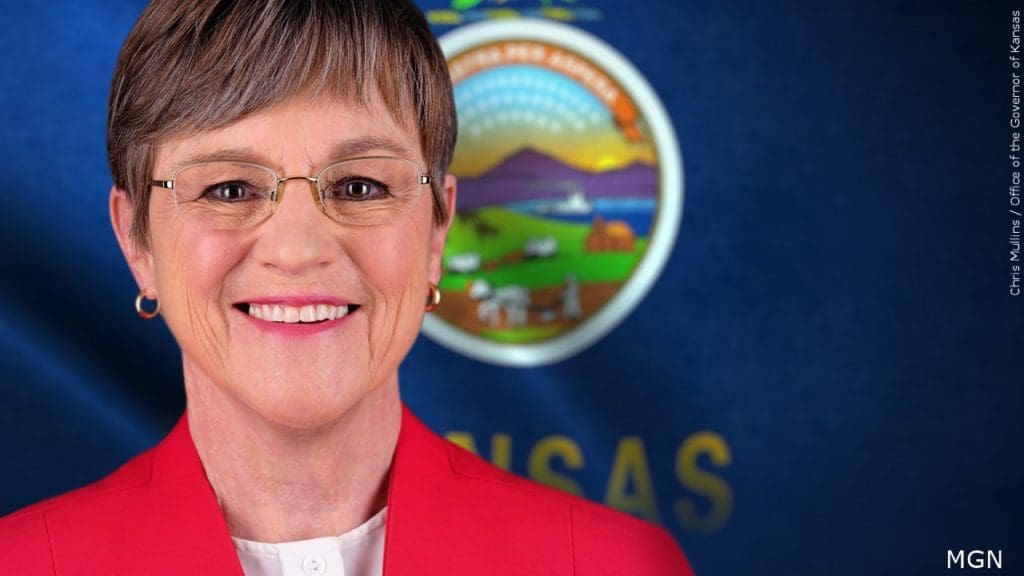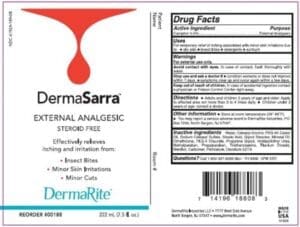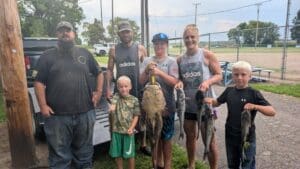Topeka, KS– Governor Laura Kelly today announced that her administration has begun the process of distributing $51 million in bonuses for direct care workers at Medicaid home and community-based services (HCBS) providers. Governor Kelly announced the bonus payments early this year.
“I applaud the efforts we’ve made to get these bonuses into the hands of direct care workers who’ve provided excellent care to vulnerable Kansans over the past few years,” Governor Kelly said. ”I thank the many Kansans who do this important work – and hope that these bonuses encourage other qualified Kansans to join this essential field.”
The Kansas Department for Aging ad Disability Services (KDADS) is disbursing the funds as one-time payments to the state’s three Managed Care Organizations (MCOs). MCOs will then disburse the funds to providers who will pay directly to their direct support staff by no later than March 30, 2023.
“Since the announcement of funding being made available to provide bouses to the essential front line health care workers who saw us through the COVID-19 pandemic, our staff has worked tirelessly to implement a process that would facilitate disbursement of that money as quickly as possible,” KDADS Secretary Laura Howard said. “I am so pleased with their effort and am proud to say we are in the final phase of implementation, and those workers are now receiving the bonuses they deserve.”
The distribution plan aims to serve as a tool to help recruit and retain workers; to improve access to quality services; and to increase capacity for Kansans, including those with disabilities and behavioral health challenges, to receive care in their homes and communities.
“Kansas IDD service providers have struggled to retain workers for critical direct care positions during the past several months,” InterHab Executive Director Matt Fletcher said. “The workforce bonus initiative offered through KDADS is a vital new tool for providers in attracting workers, and the IDD service system is appreciative of KDADS’s efforts to make these resources available.”
KDADS received 213 applications that will provide bonuses to 28,574 direct support workers:
- 19,067 will receive a retention bonus
- 12,361 full time
- 6,706 part-time
- 9,507 will receive a recruitment bonus
- 6,030 full time
- 3,477 part-time
Jerry Michaud is President/CEO for Developmental Services of Northwest Kansas, Inc., a nonprofit that provides services to individuals with intellectual and developmental disabilities in the 18 northwestern-most counties of Kansas, and one of the providers who applied for bonuses for their staff. He shared examples of how the extra pay has made a difference.
“The resources available through these workforce incentive dollars were helpful for our staff,” Michaud said. ”This is challenging and meaningful work, and these resources have allowed us to thank these designated staff for their ongoing commitment to serving others every day in the community. Upon receipt, one staff teared up and said, ‘You have no idea how glad I am to hear this,’ and when the news was shared with another, ‘That will come in handy right now so I can get my house done!’ This employee and her family are living with her mom until she can make needed repairs to her home.”
Provider agencies are receiving payments based on the number of current direct care workers and immediate supervisors they employ. All funds go directly to direct service workers and their immediate supervisors. Providers are being compensated for all payroll and tax costs associated with the bonuses and $150 toward onboarding costs of new staff. Additionally, as an incentive to bring more direct support workers to the field, agencies will receive $1,500 per new staff as a recruitment bonus.
The bonus payments were made available through the American Rescue Plan Act (ARPA), signed into law in March 2021 to provide enhanced federal funding for Medicaid HCBS through a one-year 10 percent increase to the state’s Federal Medical Assistance Percentages (FMAPs). FMAPs are the percentage rates used to determine the matching federal funds allocated annually for state expenditures to social services and state and medical insurance programs.













